The Courage To Speak The Truth In A Catholic School
What we can learn from St. John The Baptist
In today’s episode we discover how preparing the way for Jesus can mean speaking the truth when it is not always easy to do so. John the Baptist shows us that courage is a crucial aspect of following Jesus. We may not lose our heads but sharing the truth in a Catholic school can sometimes be a challenging assignment in these unusual times. Listen in and be encouraged in your vocation and in your powerful role in standing up for truth.
Author
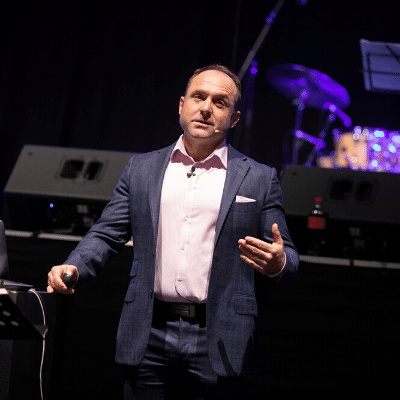
Jonathan Doyle
Jonathan Doyle is an international speaker, author, businessman and executive coach who has spoken around the world to more than 400,000 people on topics related to personal development, peak performance, leadership, Catholic school evangelisation, relationships and much more.
His recent keynote addresses include the NCEA National Convention in St. Louis Missouri to 10,000 delegates and he is a frequent keynote speaker in the US, Asia and Europe.
He is also the founder of an influential education and media business that delivers training content to hundreds of organisations and thousands of individuals around the world on a weekly basis.
Jonathan holds an undergraduate degree in education from the University of Canberra, a Masters Degree in Leadership and Management from the University of Newcastle and has also undertaken post-graduate study in philosophical anthropology.
He is the author of numerous books on relationships and peak performance and each day shares these same ideas with a large global audience via The Daily Podcast with Jonathan Doyle.
Finishing Strong is a loud and clear call for every young person to make the very best of their final years of school. Based on hundreds of seminars around the world to a huge number of students Jonathan Doyle offers powerful, practical advice that can make a major difference.
Each chapter offers inspiring stories, clear principles and actionable steps for identifying and moving forward in study, life, friendships and each key area of life.
Jonathan also includes journal questions and guided reflections at the end of each chapter to maximise learning and ensure the ideas and principles can be made real, personal and achievable.
If you want to help your child or students make the very best of their final years of high school then it;s time to help them finish strong!
10,000 Teachers Have This Book Already!
How can we help teachers avoid burnout, cynicism and exhaustion?
How can the Catholic teacher live their vocation more fully, share the faith with young people and a make a difference in the world?
Over the last two decades, Jonathan Doyle has reached hundreds of thousands of Catholic teachers and leaders around the world with a message of hope and encouragement.
In Tools and Fuels, Jonathan offers a compelling vision of what Catholic schools can be in the 21st century and practical and inspiring strategies about the way each Catholic teacher can play their part in living their vocation, reaching young people and saving the world.
Find out more HERE
The Courage To Speak The Truth In A Catholic School
TRANSCRIPT
Jonathan Doyle:
Well, hey everybody, Jonathan Doyle with you as always for the Catholic Teacher Daily Podcast. Greetings, everybody. Thank you for tuning in. Hope I can bring you something really useful today. Well, actually, I hope the Holy Spirit can bring you something useful today, something that’s going to bless and edify and strengthen you on your journey in this wonderful vocation that you have in Catholic education. Listen, today is the feast day of Saint Ignatius of Loyola, and I’ve been really studying I guess his whole methodology, spirituality of discernment recently. Very beautiful stuff. One of our great saints, truly one of the doctors of the church. One of the great giants of the faith. The saints are just so central to our Catholic faith. They give us, well, they show us, don’t they, that God can make a Saint out of anybody?
Jonathan Doyle:

Sometimes we need to step out in faith.
Ignatius of Loyola was a pretty wild operator. He was a soldier. He was a fighter. He was a drinker. He was a partier. He planned to take off and have a wild, crazy affair with some noble woman. So often when I’m speaking on stage and doing staff seminars, I talk about this belief that so many people have that Catholic saints are made in a factory in heaven, and they’re always perfectly holy. I mean, the history of Catholic saints is a history of, yeah, some really incredibly devout people. And then there’s also this great mix of men and women with extraordinary backgrounds of turmoil and sin. And so please understand, God’s not done with you yet. So your job, the Holy Spirit’s task, your guardian angel’s task, is to help form you to become a saint.
Jonathan Doyle:
And I’m really big on that. If you’ve ever seen me at a live event, you know that I’m genuinely serious about it, that I think that the Holy Spirit is really given to us as a baptismal pledge to help us grow into better men and women. And we’ve got to partner with that. We’ve got to partner with it. We have to cooperate with the grace that God has given us and wants to give us. St. Augustine famously said that, “He who made you without your cooperation will not save you without your cooperation.” Isn’t that a great line that, “He who made you without your cooperation will not save you without your cooperation”? God’s not going to do anything to you, but he’s desperate to see you grow into the fullness of who he always created you to be.
Jonathan Doyle:
All right. So Saint Ignatius today, why am I sharing that with you? Because the reading from the divine office this morning as I was doing morning prayer, and as always, can I just deeply encourage you to make prayer really crucial? Karen and I have really entered into a season of deep prayer, not because we’re holy or virtuous, but because we have really found that in business and life and parenting and everything that’s happening in the world, we sense this need to really press into prayer, to really press into praying specifically, deliberately, passionately every day for the help and provision of God. So I really want to encourage you to make sure that you are making time for prayer. So praying the divine office this morning, feast day of Saint Ignatius of Loyola, there is, of course, a beautiful reading and the Gospel for today is the beheading of St. John the Baptist.
Jonathan Doyle:
And as always, I know some of you are going, “Jonathan, how does the beheading of John the Baptist have anything to do with our work as Catholic education?” Well, a great deal. Why? Because as I prayed through that Gospel reading this morning, and that’s why I want to encourage you to be reading the Gospels, because as you read the Gospels each day, as you take time for prayer, God will put things on your heart, ideas, movements of your spirit. So you won’t get those if you’re not reading the Scriptures. So the sense that I got was really the story of John the Baptist, as gruesome as it is, and there’s so many themes in it, it’s so unfair. I mean, he really was murdered on a whim, because Herodias was sick of him pointing out the fact that her relationship was highly irregular.
Jonathan Doyle:

“Truth is like a lion. It does not need defending. Let it loose sand it will defend itself.” C.S. Lewis
And I would just assume that at Herod’s party everyone had been drinking heavily, Herod makes this promise, next thing you know John the Baptist is brutally murdered, beheaded in the prison. But really for me the big theme that came through this morning was that John the Baptist’s story is about courage, it’s about the courage to keep speaking the truth even if that truth is deeply unpalatable to people or to the world around him. John the Baptist was not very nuanced. He didn’t sugar coat the message. He was very direct. He was telling people, “Look, there is a timeframe here. The lamb of God is coming into the world. There is going to be judgment and there is going to be a new kingdom. And you must prepare yourself for this through repentance.”
Jonathan Doyle:
Now, that’s never a particularly popular message, and my sense for Catholic education this morning was that if you look at many of the agendas on folding in the world right now, and we’ve been living through a 200 or 300 year, I mean, there’s at least since the Enlightenment a period of all sorts of strong ideas right back through there to the great totalitarian systems, Marxism, Leninism, and some of the ideas that are getting around in the world today. It is not hard to get a pat on the back for approving and going along with many of the dominant ideologies. It’s very easy to concur, to agree with a lot of modern ideology and people doing what we call “virtue signaling.” Isn’t it? Virtue signaling, you just show how righteous you are. It’s one of the reasons I deleted my Twitter account is because I think that, that particular platform becomes highly problematic as more and more people.
Jonathan Doyle:
It’s highly religious. I don’t know if you’re reading much on this lately, but a lot of the agendas rolling out through the world argue that they’ve moved on from religion, but in many ways they’re highly religious. They have systems of belief. They have their orthodoxies. They have punishment for people who dissent. They are different rituals. So I guess what I’m saying is, to preach the Gospel, to keep Christ at the center of the cosmos, to argue that the human person has rights and responsibilities, to argue that the first responsibility is the relationship between creature and creator. That we are in Latin capax Dei, that which has capacity for God. I often think that to speak about these truths, to be a Catholic teacher, and for many years we were teaching on relationships, Catholic understanding of human sexuality and relationships, and it was never an easy thing to do because you have to pray for the courage to gently, humbly, and sensitively communicate these things and that requires courage.
Jonathan Doyle:
So I want to finish today by, I guess what I’m saying here is to be a great Catholic teacher at this moment in history requires courage. And the good thing is that courage isn’t really a purely psychological event. It’s not something that you have to muster up within yourself. So what is it? Well, the good news is, as I bring up the quote here, unfortunately I’m quoting from The Catechism and it’s really small print, so let me see what I can do here. So if you’re not familiar with the Catholic teaching on virtues, it’s an absolutely central teaching. And you’ve really got to slowly get your head around this as a Catholic teacher. Virtues, according to St. Thomas Aquinas, are what? “Virtues are habitual dispositions to do the good.” I always loved that definition, “habitual disposition to do the good.” Habits.
Jonathan Doyle:
So courage is one of the Cardinal virtues. Prudence, justice, temperance, and fortitude. Fortitude is the old fashioned word for courage. So the Catholic Church’s teaching on courage isn’t that it’s so much an idea or a psychological phenomenon, but it’s a habit. It’s something that we do regularly. Let me see if I can read this particular quote. Let me read you a little bit about fortitude from The Catechism. “Fortitude is the moral virtue that ensures firmness in difficulties and constancy in the pursuit of the good. It strengthens the resolve to resist temptations and to overcome obstacles in the moral life. The virtue of fortitude enables one to conquer fear, even fear of death, and to face trials and persecutions. It disposes one even to renounce and sacrifice their life in defense of a just cause.” And there’s a Scripture quote here, “The Lord is my strength and my song. In the world you will have tribulation,” Jesus said, “but be of good cheer. I have overcome the world.”
Jonathan Doyle:
So this virtue of fortitude allows us to deal with difficulties, persecutions, and trials. And I’m sorry, but I think you will get those in Catholic education because I think in the time ahead, to be brave and courageous, to speak the truth of the faith in love, to gently present the Gospel to students, is going to become a more and more revolutionary thing. I don’t know if you feel that right now. You’re listening to me going, “Jonathan, seriously relax. You’re living in a bunker?” No, I’m living in the same world as you, and I think we can both agree that the ability to speak and to preach and to share and to form in the core tenants of the faith and the Gospel is increasingly difficult. So we’re going to need more courage. We’re going to need more courage. We’re going to need more courage.
Jonathan Doyle:
So to finish, the good thing about courage is what? It’s a virtue, it’s a habit, and you don’t have to do it in your own strength. What do you do? You pray for the grace of courage? You begin to pray. “Lord, help me to be courageous. I’m afraid. Help me to be courageous. I’m afraid.” And then, with the sacraments, we’re strengthened in our virtues through the sacraments. That’s why confession, Eucharistic adoration, receiving the Eucharist, attending mass, for me, it’s the rosary, it’s prayer, it’s the divine office, these things give us the graces of our baptism, strengthen the graces of our baptism so that we can leave in these virtues. So, finally, yesterday I picked up my son from school and he’s just beautiful. He’s young, he’s 11. And we’re talking about a situation there where some boys are playing a game which is not great. It’s basically based on a horror movie and a it’s a bit dark.
Jonathan Doyle:
And he was talking about how he felt uncomfortable playing this game and didn’t want to play it. And it’s based on a movie and a video game that’s based in some pretty gruesome horror stuff, and kids are playing this game. And we had a long talk about it. And we talked really about courage. We talked about, he said, “Dad, I’m worried that if I don’t play I won’t have anyone to play with and the kids will make fun of me.” We talked a lot about courage and I talked about praying for courage and the virtue of courage. So, friends, really what I’m just saying is that whether you’re an 11 year old boy in school or whether you’re a 60, 70 year old school principal, whether you’re the Pope, we need this virtue of courage. So let’s pray for it. Let’s pray for it on our journey as Catholic educators.
Jonathan Doyle:

Sometimes you need to take the leap of faith and just preach the Gospel.
All right, that’s it for me, do me a favor. Some housekeeping. Everything that you need to know is on the website onecatholicteacher.com. You won’t find me on social media anywhere. So onecatholicteacher.com. And would you do me a favor, please make sure you’ve signed up to get the daily email. So if you’re not on that list, I do a beautiful quote every day. It goes out at 8:00 a.m. every day. It’s a beautiful Catholic quote with a little reflection and then a link to this podcast so you won’t miss it. So please just go to onecatholicteacher.com. You’ll find sign up forms on the contact us page. So do that. And what else? Please make sure you’ve subscribed to the podcast. Please make sure you have subscribed to it. So that would be a great blessing so we can just increase the reach of it.
Jonathan Doyle:
Send it to a friend. Send it to some other teachers. What I really am trying to do here is just encourage and inspire and resource more and more Catholic teachers around the world in this special work you do. So please share this as widely as you can. All right, friends, God bless you. Praying for you all. My name’s Jonathan Doyle. This has been the Catholic Teacher Daily Podcast, and I’m going to have another message for you tomorrow.
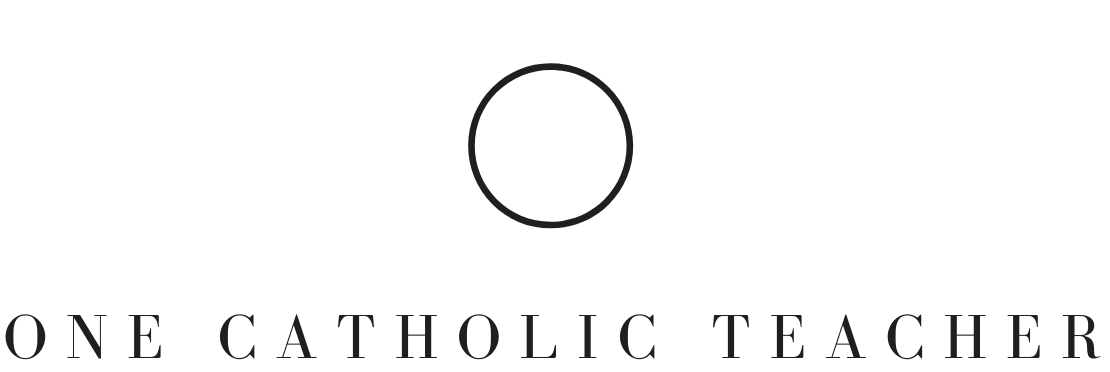
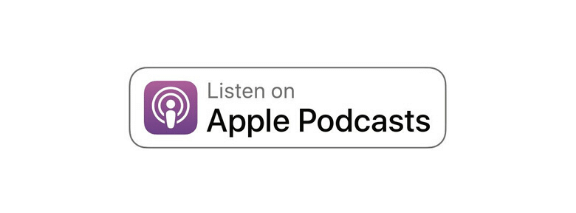


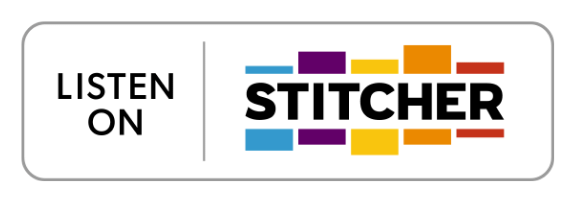
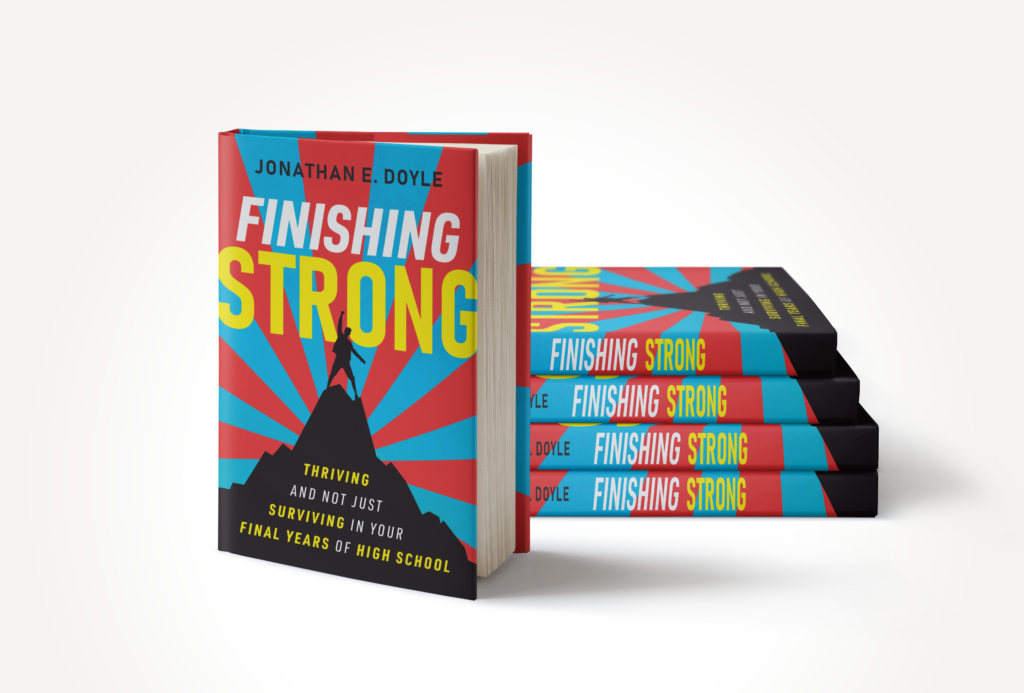










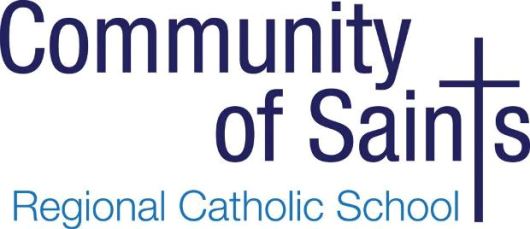

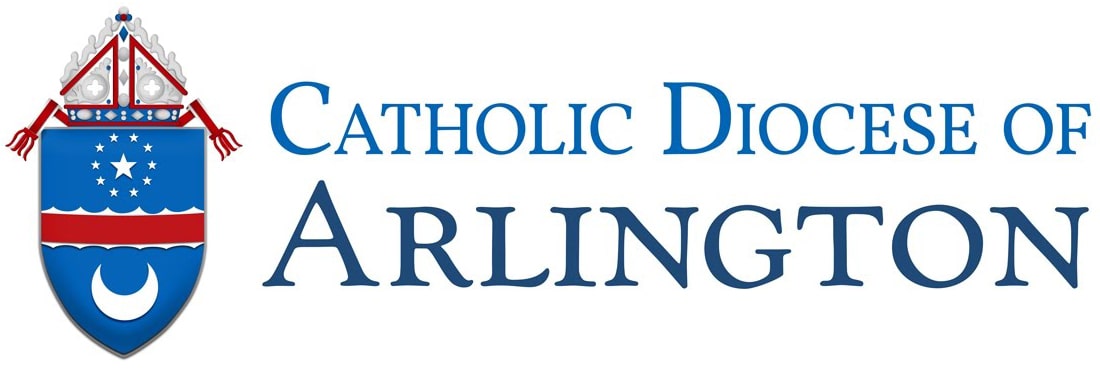
0 Comments